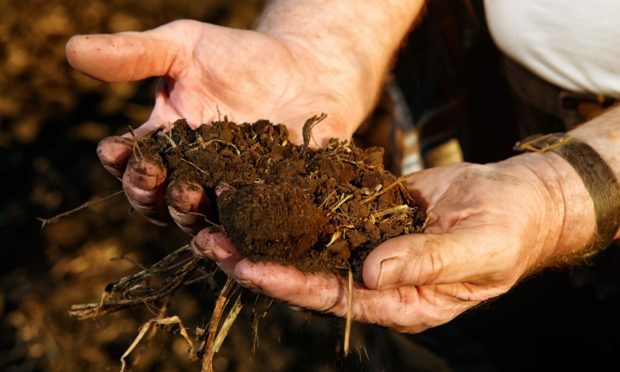The EU has claimed its Fortress Europe defence worked well in 2020.
In its annual report on measures against unfair trade practices it says that despite Covid it found “robust and innovative” ways to protect against dumped and subsidised imports.
It reports more investigations and reviews, with the main sources of problems being China, Russia, India and the United States.
Action went beyond food to target hidden cross border subsidies to Chinese companies in particular. The EU also acted where World Trade Organisation (WTO) rules were broken to disadvantage EU exporters.
In its report the Commission says it will be stepping up inspections now that Covid restrictions have eased.
US protection
The US is to use a 100-year old piece of legislation to give farmers a new defence against unfair treatment by processors.
This is being implemented on the strength of a direct instruction from President Joe Biden to act against unfair treatment and to boost competition between buyers.
The legislation is the Packers and Stockyard Act and the USDA says its aim will be to defend farmers “to the maximum extent possible”.
The old legislation effectively outlaws all forms of discrimination from religion and race to union membership and raising issues in the press. It is claimed that farmers have been prevented by contracts from criticising buyers.
The USDA says an example of how it might work would be over demands, for example, by a poultry processor that a farmer invests in new facilities. Also in their sights are differences between contract terms for beef suppliers and the open market.
Erosion warning
After a summer of extreme weather in parts of Europe, with climate change likely to make this the norm for future years, the European Commission’s Joint Research Committee (JRC) has warned of the growing threat from soil erosion.
It says that by 2050 soil losses in the EU 27 and UK will increase by between 13% and 22%.
It says the threat is greatest in northern Europe and warns that in some areas it could make farming impractical. It says this will be the result of heavier rainfall from warmer, wetter summers.
The study was based on arable crops and the impact of a business as usual approach.
The report says data can be used to highlight the areas at greatest risk and to then link action to agri-environment measures within wider support mechanisms.
All of Scotland is identified in the report as an area at risk.
- Richard Wright is an agricultural industry commentator.

